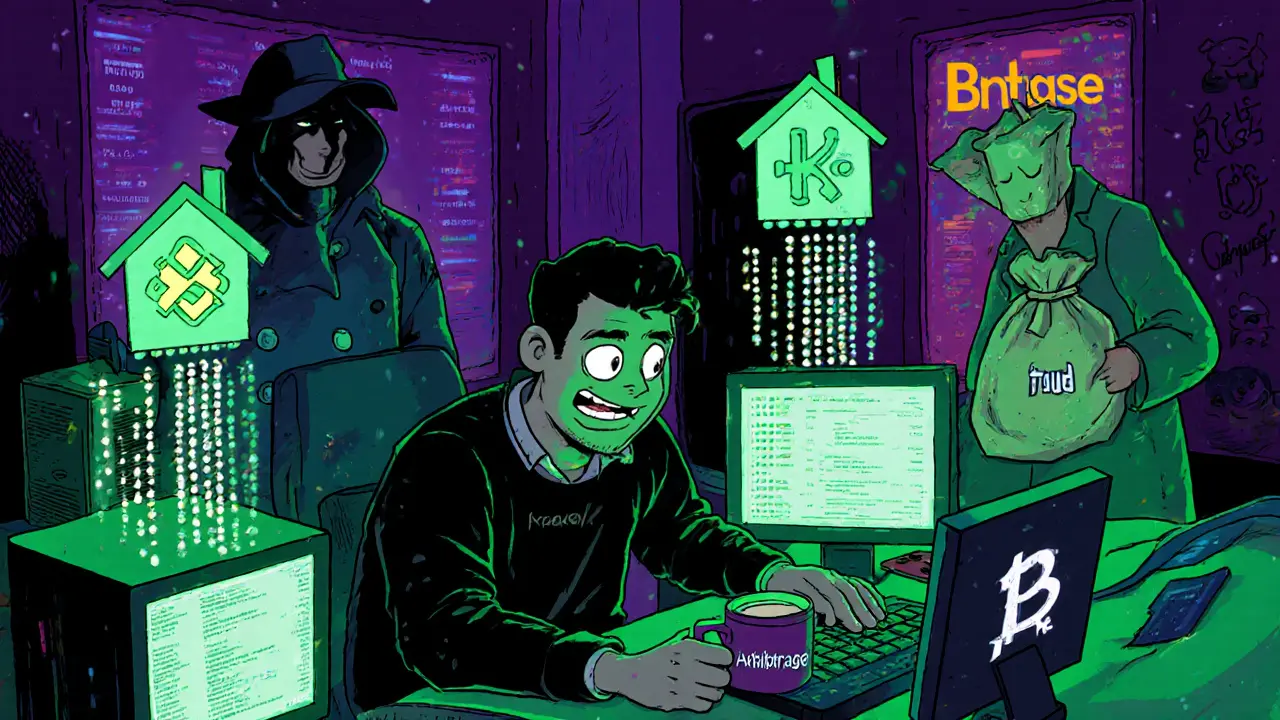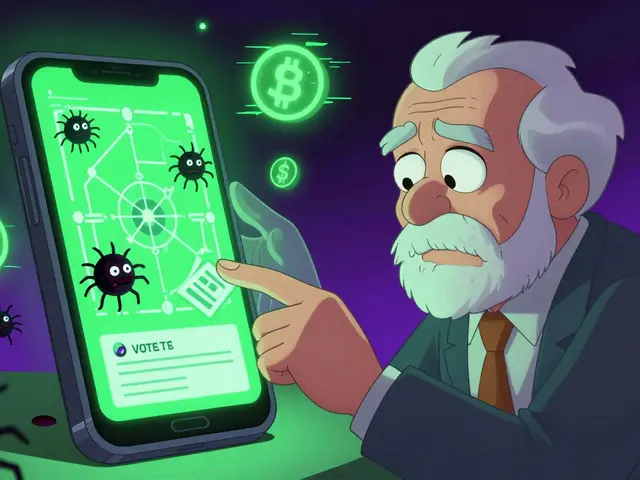Crypto Anonymity: How Real Is It, and What You Actually Need to Know
When people talk about crypto anonymity, the idea that cryptocurrency transactions can’t be traced back to you. Also known as cryptocurrency privacy, it’s the reason many turn to digital money in the first place. But here’s the truth: most crypto isn’t anonymous at all. Bitcoin, Ethereum, and 90% of other coins leave a public trail anyone can follow with the right tools. Real anonymity? That’s rare, and it takes more than just using a wallet.
What most users don’t realize is that privacy coin, a type of cryptocurrency designed specifically to hide transaction details like sender, receiver, and amount. Also known as anonymous coin, it’s not just a feature—it’s built into the code. Coins like Monero and Zcash use advanced math to scramble transaction data so even blockchain explorers can’t see who sent what. But even these aren’t foolproof. Exchanges like crypto exchange, a platform where users buy, sell, or trade digital currencies. Also known as cryptocurrency trading platform, often block deposits from privacy coins because they can’t verify where the money came from. That’s why platforms like Xcalibra and COREDAX avoid them entirely—they’re built for compliance, not secrecy.
Then there’s the human side. If you use a VPN for crypto, a tool that masks your IP address to hide your location when accessing exchanges or wallets. Also known as crypto privacy tool, it helps you bypass regional blocks, like in Bangladesh or Nigeria, but it doesn’t hide your transactions on the blockchain. Your wallet address is still visible. And if you ever cash out to a bank, link your ID to an exchange, or even tweet about your holdings, you’ve already broken the chain of anonymity. The people chasing crypto criminals don’t need to crack Monero—they just need to find where you bought it.
Blockchain tracking tools have gotten scary good. Companies like Chainalysis and Elliptic monitor every major chain, flagging suspicious addresses and helping governments freeze wallets. Even if you use a mixer or a privacy coin, if you touch a centralized exchange with KYC, your history is tied to your name. That’s why so many posts here focus on fake exchanges like CreekEx or Woof Finance—they’re not just scams, they’re traps for people who think they’re hiding. You can’t be anonymous on a platform that asks for your passport.
What you’ll find in the posts below isn’t a list of magic tools to vanish your crypto. It’s a real look at where anonymity works, where it fails, and who’s really in control. You’ll see how Nigeria’s regulators track traders, why Vietnam bans stablecoins to limit anonymity, and how Bangladeshis use VPNs just to get online. You’ll learn why some coins are called privacy coins but still get blacklisted, and how airdrops like DSG or ACMD can expose you if you’re not careful. This isn’t about hiding from the law—it’s about understanding what’s actually private, what’s just illusion, and how to protect yourself without falling for hype or scams.





